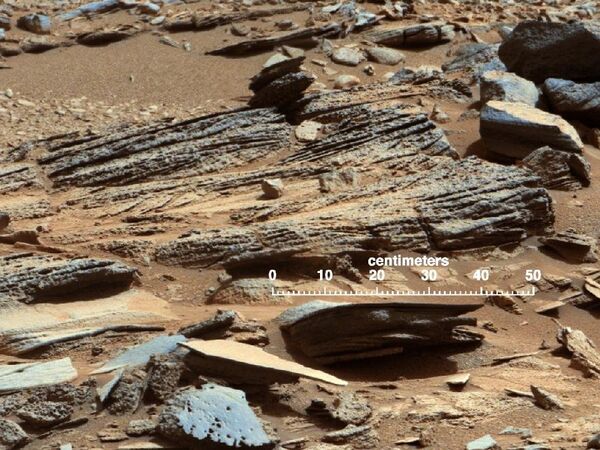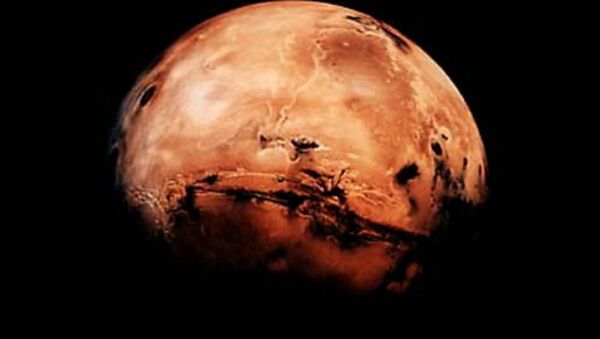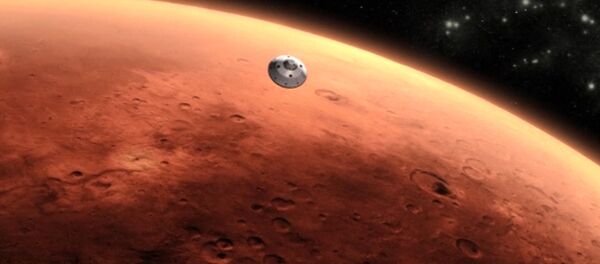The evidence unveiled by NASA scientists lends credence to the idea that Mars may be a more promising place for the emergence of alien life than previously believed. It additionally supports the theory that the planet was a warm and wet world in its youth, soon after it formed around 4.5 billion years ago.
The body of water, according to findings obtained after six years of planetary observation, covered over a fifth of Mars’s surface, equivalent to the portion of Earth covered by the Atlantic Ocean. The ocean was over a mile deep in places and held an impressive 20 million cubic km of water, more than the Arctic Ocean.
The findings were revealed in the journal, Science, and were a result of a collaborative study between NASA scientists and others at the European Southern Observatory in Munich. “A major question has been how much water did Mars actually have when it was young and how much did it lose.” Michael Mumma, a principal investigator at NASA’S Goddard Center for Astrobiology said. “Our results tells us there had to be a northern ocean.”
The scientists addressed this question by using three of the most powerful infrared telescopes in the world — located in Hawaii and in Chile — to track changes to the Martian atmosphere over six years and specifically look at how different forms of water molecules in the Martian air varied in different places through changing seasons.
Scientists found that Martian water contained standard H20 water molecules, as well as a form of water made of a heavier hydrogen isotope called deuterium. They speculate that as the Martian atmosphere thinned over time, the water containing lighter molecules wafted into space, leaving behind a higher concentration of deuterium. It is also estimated that the planet had lost a massive amount of water, roughly six times than currently locked up in the its frozen ice caps.

The findings allow scientists to re-write the once strongly held belief that flowing water on the planet was only an erratic presence.
Other experts, like Curiosity rover project scientist Ashwin Vasavada, remain skeptical of the results, stating that the idea of a Mars ocean is still simply “hypothetical.” Geronima Villanueva, the study’s first author and another planetary scientist, is convinced the findings are enough to support the theory.
“Ultimately,” He said. “We can conclude this idea of an ocean covering 20% of the planet which opens the idea of habitability and the evolution of life on the planet.”





